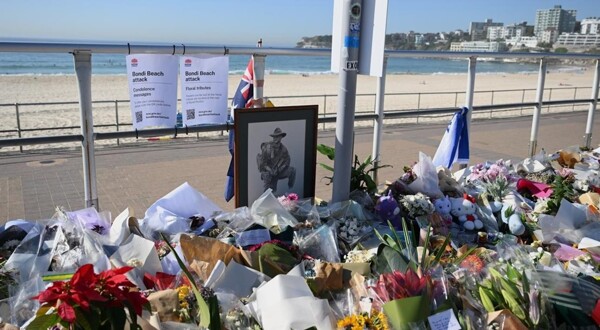
Australia decided not to impose retaliatory tariffs on the United States despite failing to secure an exemption from the import taxes imposed by the Trump Administration on Australian steel and aluminum, Prime Minister Anthony Albanese reported. He described the tariffs as "totally unjustified" and emphasized the importance of strengthening the perception of friendship between both countries among their populations.
Albanese confirmed that Australia would not take retaliatory measures against Trump's tariffs, arguing that this would only increase prices for Australian consumers and provoke inflation. Instead, Australia will continue to work constructively with the United States, defending the benefits of Australian trade and its positive influence on the U.S. population.
President Trump signed executive orders on February 10 to increase tariffs on aluminum from 10% to 25%, equating them with those on steel, a decision that Albanese considered contrary to the spirit of friendship between the two nations. He added that Trump's imposition of tariffs has a negative effect on the relationship between Australia and the United States.
The Prime Minister also noted that Trump's decision to eliminate duty-free quotas, exemptions, and exclusions for steel and aluminum tariffs would affect Australian exports worth approximately 1 billion Australian dollars. Albanese emphasized that the additional import costs in the United States would fall on the citizens of that country and not on Australians.
In summary, Australia's stance is not to impose retaliatory tariffs despite the imposition of tariffs by the United States. The country's approach focuses on maintaining constructive collaboration, although Trump's decision has been received as negative for the relationship between the two countries.














